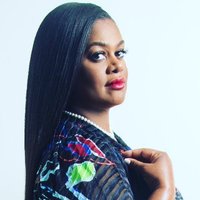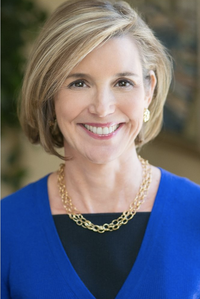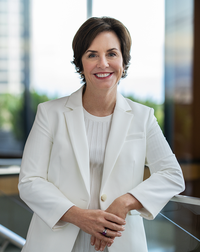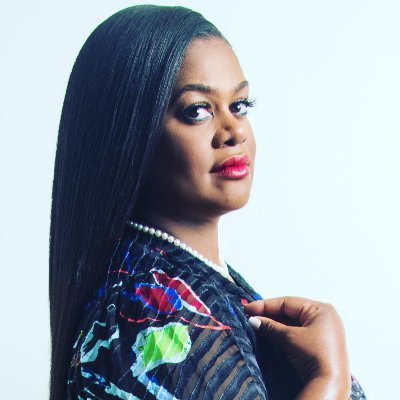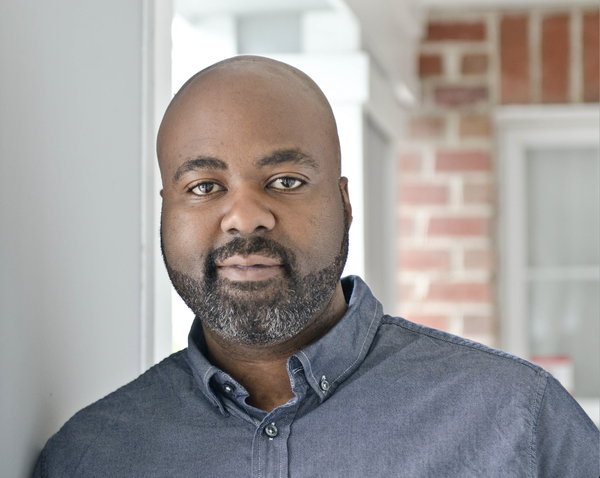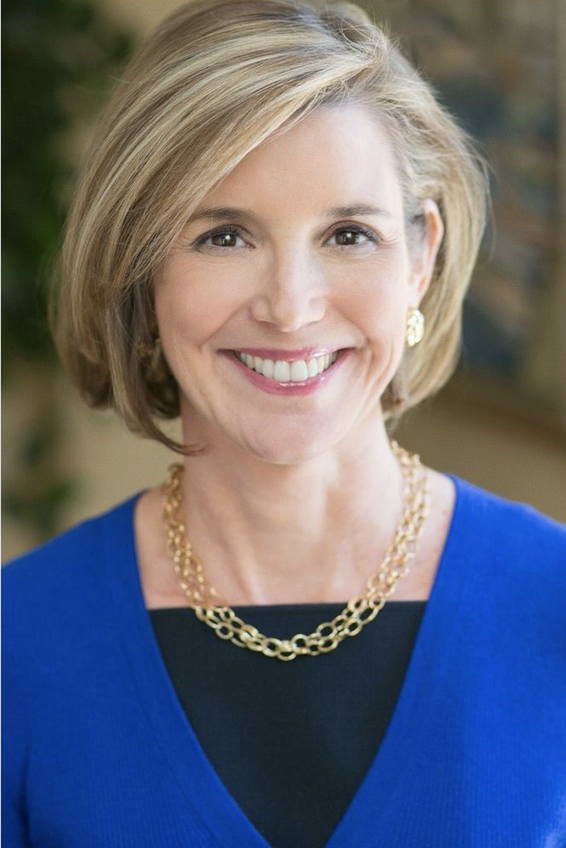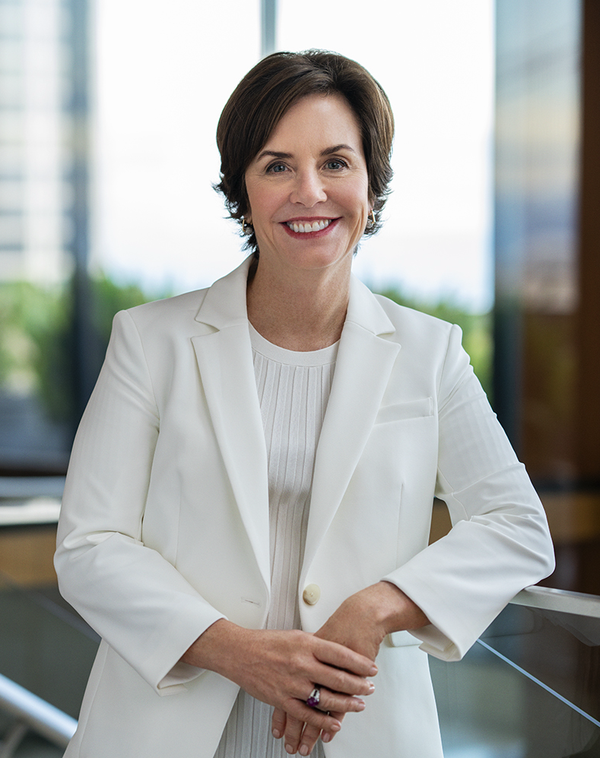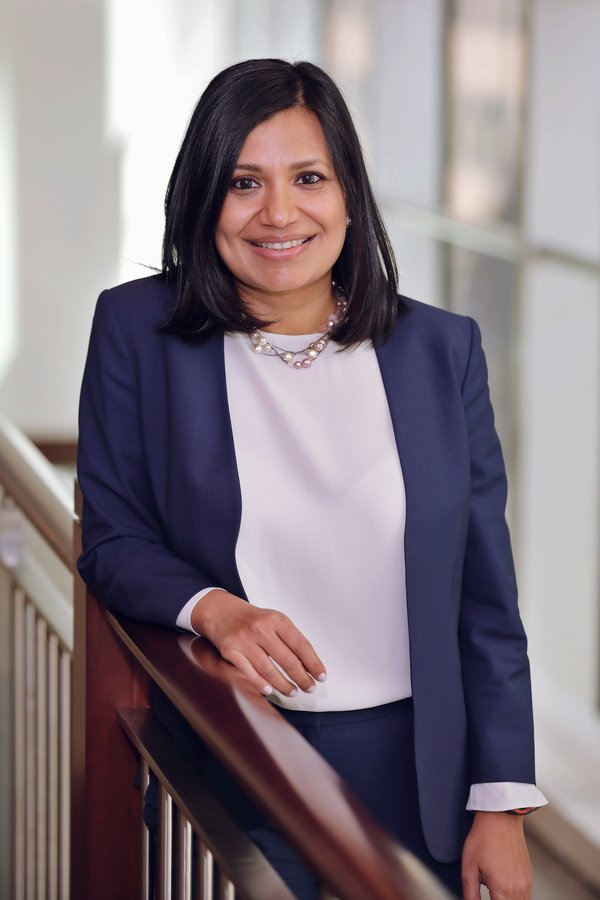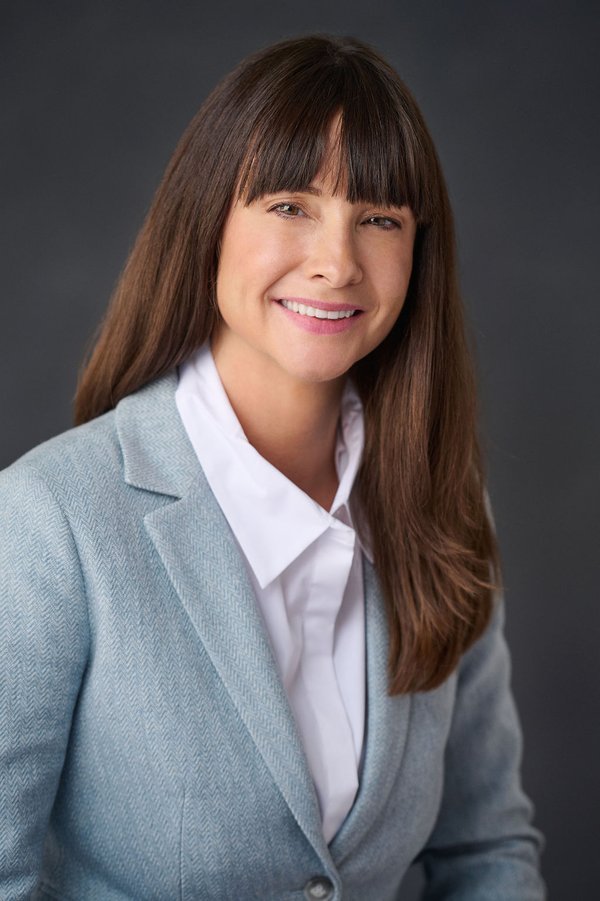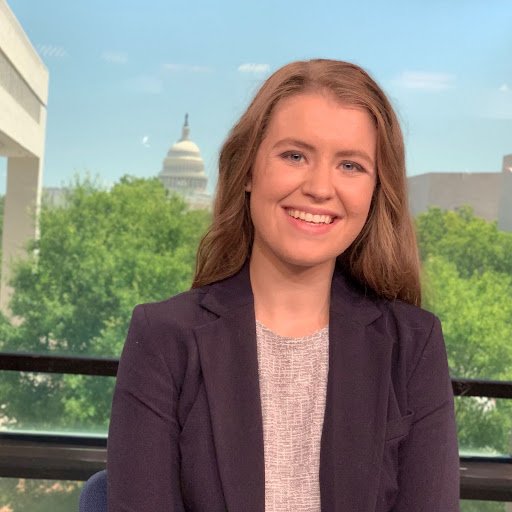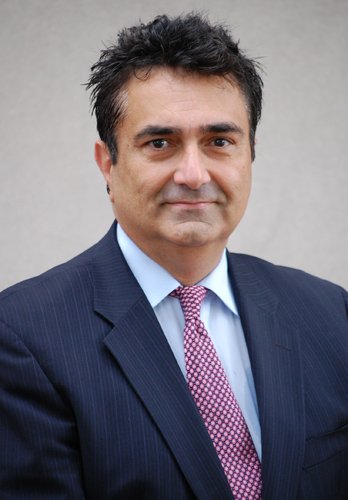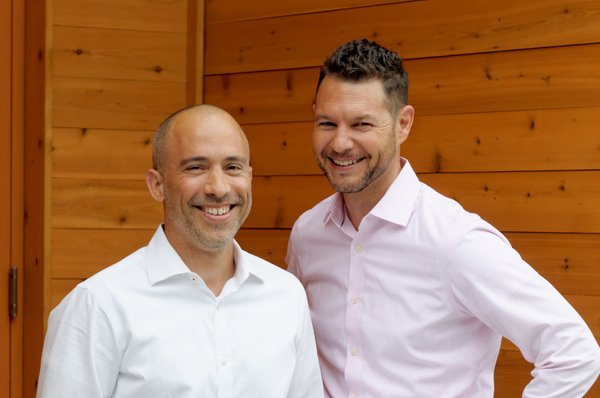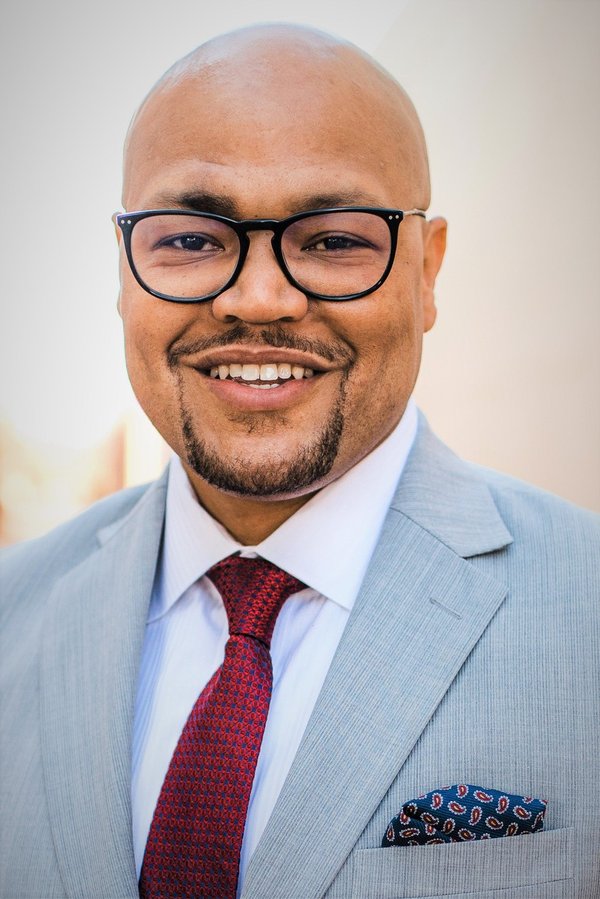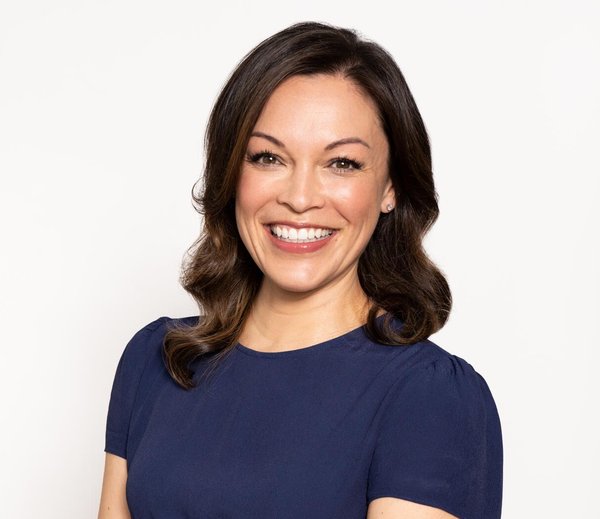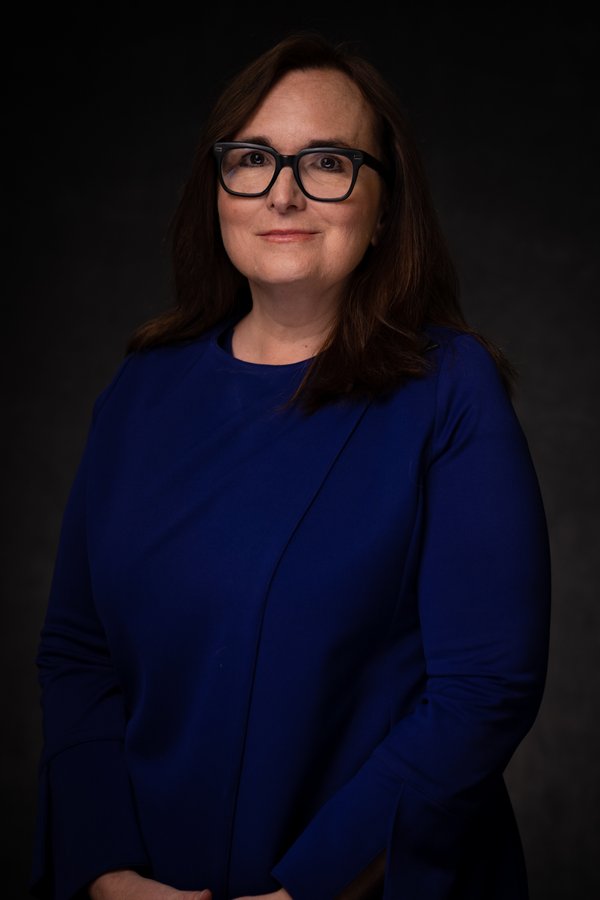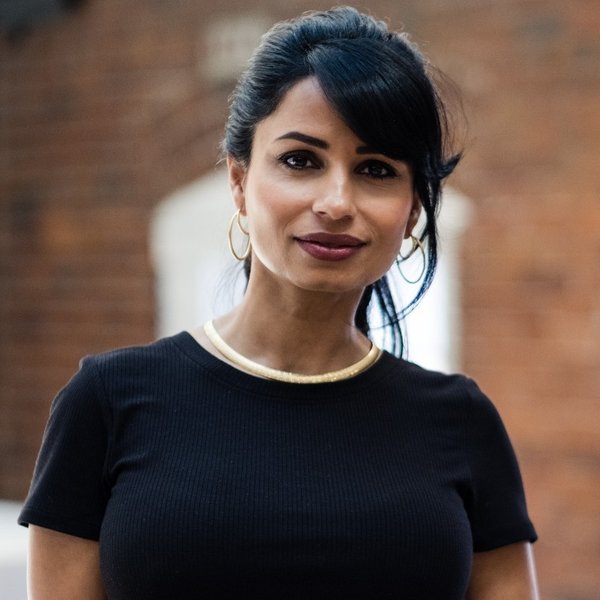
Alyce Lomax is a former Senior Analyst at The Motley Fool.
Her focus area of investing expertise and passion is using the environmental, social, and governance (ESG) investing lens to steer her research and investing decisions. She worked at TMF for nearly 20 years as an analyst and previously as a writer for Fool.com. Prior to TMF, Alyce worked in various capacities in the financial information industry, including reporting for a newswire. In her spare time, Alyce writes short fiction and loves reading and watching movies, particularly in the horror genre.
Alyce's Investing Style
How many years of investing experience do you have? 25+ years
What is your investing risk tolerance? Medium-Low
What is your portfolio size? 10-20 stocks
What are your favorite investing sectors? Environmental, Social, and Governance (ESG)
What makes ESG so interesting to you? Using the ESG investing lens allows me to diversify my portfolio with different industries, sectors, and company sizes while focusing on companies that are addressing the world’s most urgent challenges. I also feel that it helps me reduce risk in my portfolio.
When did you get started in investing and why?
I started to realize how utterly fascinating investing is when working for an online news aggregator in the mid-90s and started investing thereafter as the dot-com bubble inflated. Before starting at The Motley Fool, I worked at a variety of companies in the financial news and information space, so these all put me on the investing path, although I became a much better investor when I learned the Foolish way. I think the biggest original “why” for me was realizing just how interesting it is to study public companies, their paths to success (or mediocrity and sometimes even failure), and their impacts on the world -- and to invest wisely.
Can you tell us a little bit about your relationship with money at an early age?
Once I was old enough, I always did my best to work, whether it was babysitting or summer/winter break jobs while I was in high school and college, but as strange as this may sound coming from someone who ended up going into the investing industry, money has never been my primary driver behind what I do. I did not grow up in a household with tons of excess money (in fact, there were times of just scraping by and a lot of double shifts by my mom, who was a nurse), and I think that that helped lead to an attitude that basic security is far more important than amassing material possessions or consumerism, giving me more patience around investing.
What has your journey been like as an investor? What are some of the challenges you’ve had to overcome?
It’s been a weird journey! I majored in English in college and aspired to be a writer, so the fact that I ended up in the financial industry may seem strange, but I swear it makes more sense than it seems to. Leaving college in a poor economy (in 1992) meant I randomly landed an entry-level typist job at a subcontractor for the Securities & Exchange Commission, which ended up being rather formative since I learned about SEC filings in my years performing different jobs there. My next position was at a financial newswire aggregator. Later I worked as an editor at a trade association’s magazine, then moved on to a job reporting for an investing-related newswire start-up that was bought by NBC Internet (how’s that as a blast from the past?), and so forth. Somehow it all ended up coming together and led me to The Motley Fool, and I have been able to use my love for writing and qualitative, critical analysis in my work.
Being a woman investor has not always been easy, and, sadly enough, I think when you’re a woman it can be difficult to be taken seriously in this still very male-dominated industry, even in this day and age. There’s been progress, don’t get me wrong, but I fear it continues to be too slow. I worry too many women falsely believe that their personal investing styles or attitudes about money and investing means they don’t “belong” when, in fact, women often do better than men in investing by having temperaments that help them avoid some of the typical pitfalls that hurt investors’ returns. (Studies over the years have implied women investors tend to be more patient and risk-averse and are less likely to be overconfident, which are several very good traits for investing success over the long term.)
In what ways have your social or cultural identity and lived experiences positively impacted your investing journey?
I was a punk rock kid in the 1980s, so again, it’s quite weird I went into investing; that was not a subculture that tended to love capitalism, to put it mildly. However, I think that’s where I got some of my traits that have come in handy in investing, like having a good BS detector and being skeptical. (I will repeat this, but I am incredibly leery of hero worship in life or investing.) That background also encouraged the idea that it was OK not to conform, and, in investing, the ability to move against crowd mentality/psychology is extremely important, as well as to question your own beliefs and assumptions. Also, the alternative music scene tended to be a very male subculture back in those days, too, so it also prepared me to be one of the only women in the room (and, occasionally in my career, the only one!) and believing I had every right to be there.
With so many new or younger investors dipping their toes into investing, what’s the best advice you have for someone who may be looking to start investing or who may be newer to the industry?
The earlier, the better! I didn’t really start dabbling in stocks until the mid- to late-90s, as I said, and got run over by the dot-com bust and had to sell a lot of the ones I had when I got laid off. That kind of story was not unusual for the time, and definitely booms and busts and recessions come and go, but the earlier you start, the better off you’ll be! (Even better if you’re not forced by necessity to sell in a down phase, so that’s a plug for putting aside emergency funds, too.)
Also, when I think about how I invested during the dot-com days, I cringe. Speculating on stocks seems like grand fun -- until it isn’t. When I think of things like the meme stock craze in recent years, I wonder if maybe every young person needs to learn that lesson in their own time (maybe even the hard way). But seriously, long-term buy-and-hold investing is really the way to go to make money, and if you really want to stick it to The Man, so to speak, maybe focus on companies that are doing the hard work to improve and innovate in the environmental, social, and governance areas. That sounds like the real revolution to me, and one that helps make a difference.
Last but not least, long-term buy and hold may not sound exciting, but to quote The Mandalorian, “This is The Way.”
Do you have any advice for investors on how to diversify their portfolios? Why do you think diversification is important?
Just like many areas in life, having all your eggs in one basket is risky.
Personally, my way to achieve diversification is to look at companies in terms of ESG traits and aim to find the strong ones in a variety of industries. ESG may not be the signal of quality for all investors, but I encourage folks to find their own ways to assess true high quality and then use that framework to examine stock ideas across industries as opposed to gravitating too much toward particular industries or identifying too much with potentially limiting styles like “growth” or “value” or trends that may turn out to be fads. I don’t really condone investing in industries that one knows zero about or are so complicated it’s difficult to make a good judgment, but I do think that investors all rushing into specific “hot” areas can set people up for difficulties like we have seen in 2022. When I say “difficulties,” I’m not just talking about near-term returns but also the emotional components that can get investors into trouble.
What advice would you give to a newer investor who may be experiencing market volatility for the first time?
It’s OK to feel like market volatility is no fun and anxiety-provoking, to say the least, but feeling and acknowledging those emotions doesn’t change the fact that times like this are actually great times to buy (cautiously and focusing on high-quality stocks -- I don’t want to sugarcoat how difficult the macro pressures and uncertainties are, and some companies will do better than others). Most of the best investing decisions come at times when it feels like everybody else is doing the “right” thing (like giving in to fear and selling all their stocks) and that you might be wrong in holding on and/or buying. It’s hard to move against the prevailing tide of sentiment like that, but it is fertile ground for getting the very best opportunities and outcomes.
If you could go back in time and change one thing about your investing strategy, what would you change and why?
I wish I started earlier and more responsibly. Like I said previously, before I worked for The Motley Fool, I definitely participated in the speculative side of the dot-com bubble and took some lumps, so there’s an argument I could have learned sooner, but then again, I think those types of youthful, early experiences may simply be how people do learn. That’s also been one of my greatest lessons: Every mistake is also a learning experience to try to do better next time.
What really excites you about the future of investing?
Although there’s been some backlash recently (mostly due to American discourse getting so politicized on almost every topic), I think that younger investors caring more about various definitions of sustainability in investing and public companies is a positive and transformative area. The idea that businesses and investors can work to solve the world’s biggest challenges while lifting up many stakeholders for a healthier economic future is gratifying! Meanwhile, we have more tools at the disposal for more people than ever; seeing the democratization of investing over the years has been a huge, big deal! We still need to make investing feel inclusive for more and more people, but whether you’re pondering the availability of information or online trading (both of which are available cheap or for free these days), investing is infinitely more accessible than it was 30 years ago.
What scares you about the future of investing?
The meme stock craze bothers me, as well as some areas I consider high risk and low on the socially responsible scale, like crypto. My personal belief is that these go too far into the gambling realm and take the attempt to gauge true business quality out of the decision-making process. I’m not a big short-seller (I’ve never personally shorted a stock, although I have made plenty of underperform calls over the years, especially back when I was writing for the public), but I am a huge believer in knowing valid bear cases for any company or asset even if you don’t agree. There seems to be a strange aversion these days about acknowledging or addressing risk in any constructive, reality-based way. Also, I’m not liking a lot of the “cult of personality” trends in business and investing, with an awful lot of people who seem to believe some powerful, wealthy folks are great no matter what, exist above the law, or what have you. They’re human, some have flaws just like the rest of us, and I think investors should remember that while it’s OK to admire some personalities, that none of them are our friends. CEOs are doing a job for us as shareholders, and we should apply scrutiny to how they’re performing and whether they seem likely to deliver the outcomes we expect over the long haul. That’s it!
Some of these strange movements churning around in the marketplace these days strike me as financial nihilism, to be honest. I think that failing to seek out meaning, impacts, and higher purpose in business and investing can too often lead to poor outcomes on the individual and societal levels.
Who are some leaders in the investing industry you admire and why?
The late Jack Bogle is one of my favorites as he was not only a huge positive force for everyday investors overall but also was very cautionary about the industry (his books, The Battle for the Soul of Capitalism and Enough, are both interesting philosophical reads).
That said, there are all kinds of high-profile people in the industry whose opinions I’m glad to read and weigh, but, again, I think there is too much hero worship in the investing industry overall, and personally I try to avoid it.
What are some of your favorite educational resources (books, podcasts, websites, etc.) that you’d recommend for investors of all ages?
The Motley Fool, of course; so many of my Foolish colleagues also have great Twitter presences. This sounds old-fashioned maybe, but I still use Yahoo! Finance as a resource for quick, accessible data and news, setting up watch lists, and so forth. Sustainalytics has great ESG risk ratings available for free for investors (although unless you subscribe, you would have to do your own legwork to get a better grasp on what the risks are). Bloomberg tends to have great financial news content. Unlike when I first entered the workforce in 1992, there’s a wealth of information out there for the taking these days, much of it free. It’s just a matter of picking the resources that help you the most.
What’s one quote or saying that inspires or challenges you?
“When the facts change, I change my mind. What do you do?” This quote is widely attributed to economist John Maynard Keynes. Love or hate Keynes, I think it’s a challenge we should all be up to, especially these days.
